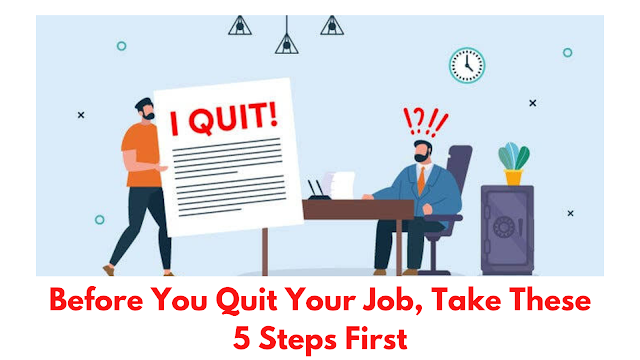Introduction In many parts of the world, discipline is often associated with pressure, control, and constant self-motivation. It is treated like a battle—against laziness, distraction, or lack of willpower. The common belief is that discipline requires pushing harder, forcing habits, and constantly correcting oneself. Japanese culture presents a very different perspective. Here, discipline is not experienced as punishment or pressure. It is expressed as respect—for oneself, for others, and for the work being done. It is not loud or rigid. Instead, it is calm, consistent, and deeply integrated into daily life. What makes Japanese discipline powerful is that it does not rely on motivation. It relies on values. These values quietly shape behavior, habits, and mindset over time. Below are five timeless Japanese principles that redefine discipline and show how extraordinary character is built without force. What Japanese Culture Taught Me About Discipline 1. WA (和) — Harmon...
Introduction
Are you feeling overwhelmed, frustrated, or simply unhappy with your current job? Quitting your job might seem like an appealing solution, but it’s a decision that shouldn’t be made lightly. In today's fast-paced and competitive job market, the thought of quitting your job might cross your mind more often than you'd like to admit. The daily grind, office politics, or unfulfilling tasks can make the idea of a fresh start elsewhere incredibly tempting. However, before you take that leap of faith and hand in your resignation letter, it's imperative to take a step back and consider a few crucial steps that can make all the difference between a successful transition and a hasty decision you might come to regret.Before You Quit Your Job, Take These 5 Steps First:
1. Self-Reflection:Before resigning, take time for introspection. Ask yourself why you want to leave your job. Is it the work itself, your colleagues, or something personal? Identifying the root cause will help you determine if quitting is the best solution. It's crucial to ensure your decision isn't driven solely by emotions.
2. Financial Assessment:
Quitting a job can have significant financial implications. Analyze your current financial situation. Do you have savings to cover your expenses during a job search? Consider factors like bills, rent or mortgage payments, and any outstanding loans. Having a financial safety net will reduce the stress associated with unemployment.
3. Explore Alternatives:
Before leaving your job, explore alternatives within your current workplace or industry. Is there room for growth or a chance to transition to a different role? Talk to your superiors about your concerns; they might offer solutions you haven't considered. Changing departments or responsibilities can breathe new life into your career.
4. Network and Research:
Before making a move, expand your professional network. Attend industry events, connect with colleagues on LinkedIn, and seek advice from mentors. Research potential employers and job prospects in your field. This groundwork will help you make informed decisions and secure a job more easily once you decide to leave.
5. Develop a Plan:
First you need to have a plan before quitting your job as without a plan, it can be really risky. Outline a clear job search strategy, including target companies, resume updates, and interview preparation. Set realistic goals and timelines for your job hunt. Having a structured plan will give you a sense of direction and increase your chances of landing a new position.
Before making a move, expand your professional network. Attend industry events, connect with colleagues on LinkedIn, and seek advice from mentors. Research potential employers and job prospects in your field. This groundwork will help you make informed decisions and secure a job more easily once you decide to leave.
5. Develop a Plan:
First you need to have a plan before quitting your job as without a plan, it can be really risky. Outline a clear job search strategy, including target companies, resume updates, and interview preparation. Set realistic goals and timelines for your job hunt. Having a structured plan will give you a sense of direction and increase your chances of landing a new position.


Comments
Post a Comment
Please do not add any spam link in the comment box